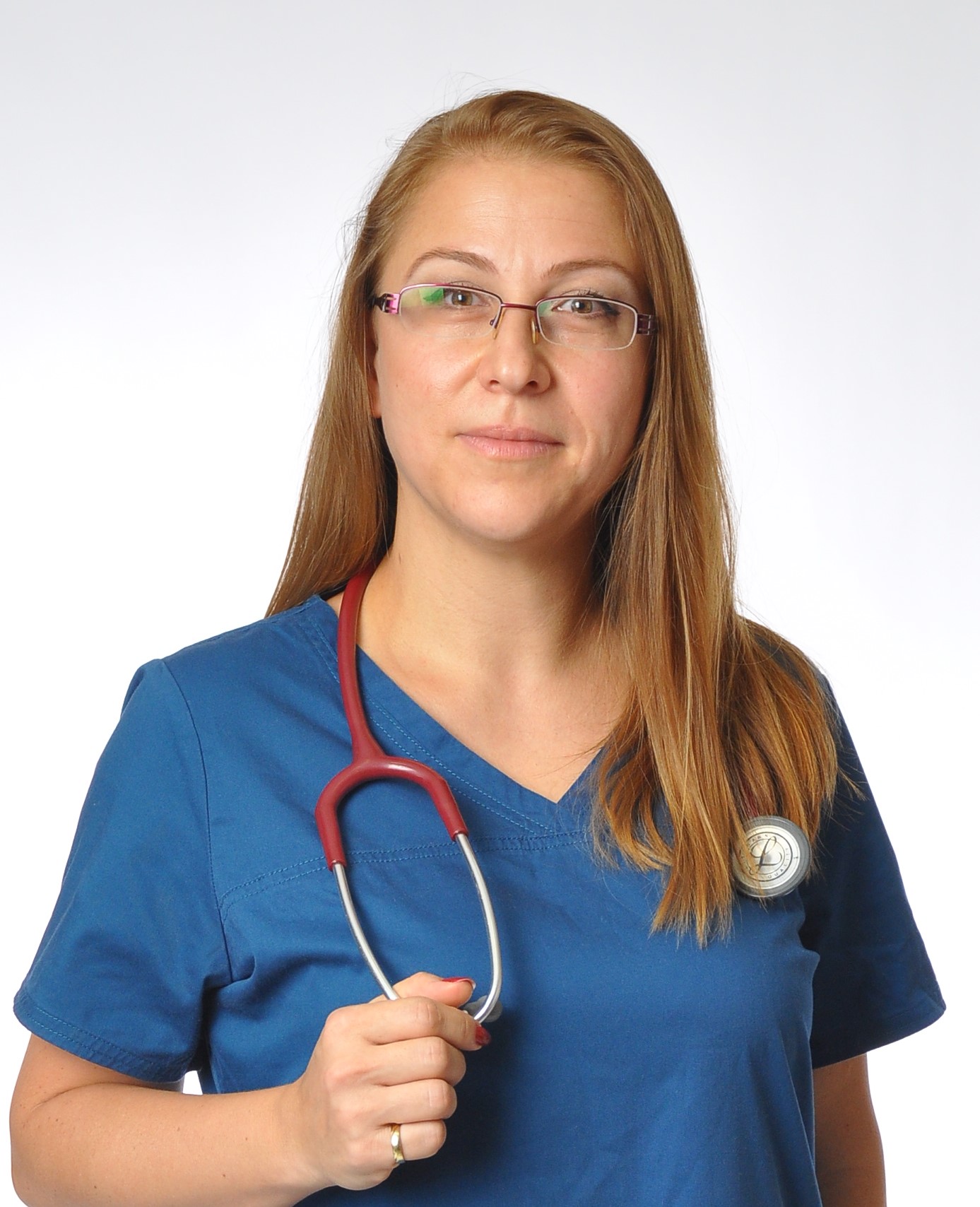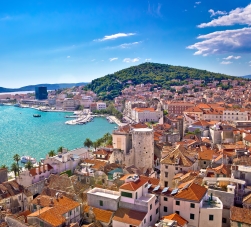 As a medical oncologist, I feel it as a mission to try to improve patients’ outcomes by providing the best cancer patient care. One of ECCO’s missions is coherent with this, and their aim to contribute to improving access to high-quality screening, diagnostics and care across borders. This was a key reason for me to attend the ECCO Cancer Summit 2019.
As a medical oncologist, I feel it as a mission to try to improve patients’ outcomes by providing the best cancer patient care. One of ECCO’s missions is coherent with this, and their aim to contribute to improving access to high-quality screening, diagnostics and care across borders. This was a key reason for me to attend the ECCO Cancer Summit 2019.
I come from a country, Bulgaria, where those issues are particularly relevant. Being a country with lower income, the sustainability of the medical healthcare system is less stable. There are many access issues, not only to drugs but also to quality cancer care.
My experience from ECCO was that the discussions and presentations held were actually driven from and angled towards western European countries. There were great scientific discussions, patient-advocacy sessions and presentations on how to improve the best practices in centres of excellence, but I felt the topics and discussions were slanted towards the situation in the west. All this data was of great interest to the participants, including to me. I would just like to mention that I consider it important to hear some voices from countries like mine as well.
I think that a discussion about the real situation and practice in countries like Greece, Bulgaria, Romania, Ukraine and many others should be initiated. I would like to suggest opening up a discussion about the needs and priorities in central/eastern Europe, and about how to organise around them. The realities of local malpractice and behaviour need to be clearly and honestly addressed ‒ something that Leila Kameric, mother of a child with cancer and President of Bosnia/Herzegovina Child cancer Association, alluded to at one of the ECCO sessions.
We talk about ‘Putting a person on the moon’ and ‘Elimination of HPV’ in countries where access to quality cancer care or even vaccination is difficult. We talk about ‘The right to be forgotten’, when ‘The right to be heard’ and ‘The right to be treated’ with quality cancer care is the urgent priority for many of us. Patient voices and patient advocacy are hardly heard in many countries, and I heard this remark many times during the sessions. Additionally, in many countries it was stated that the general practitioners do not practically participate in any step of the management of cancer patients. Nowhere is this more urgent than in the worst performing countries, but we seem sidelined from the discussion.
We also discussed burn-out syndrome and its significant relation to the huge overwork. Physicians from east and central Europe relatively rarely specialise abroad. Even if they do train and get experience in specialist cancer centres or working in a team or a unit dedicated to a particular cancer type, if they return to their country, most of the evidence-based management and high-quality practices they learnt abroad meet the obstruction of local thinking and eminence-based medicine. This is a significant reason for loss of motivation for work and burn-out as well, but this experience does not seem to get included in discussions about how to improve access to quality care.
I am very happy to see that improvement is ongoing, and I’m not saying that it does not happen in central/eastern Europe as well. But it comes at a slower pace and I would be happy if raising standards across Europe does not stop before it reaches the countries that need it most!






Leave a Reply